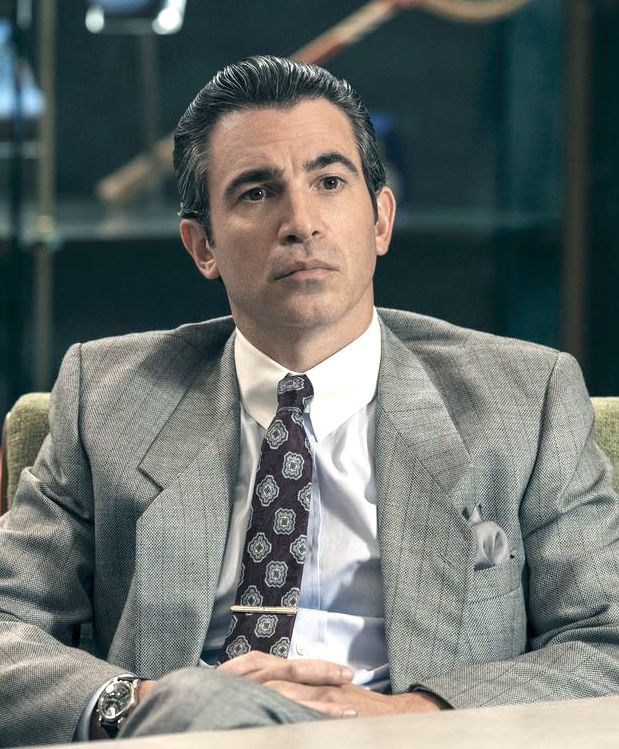


27/05/23
Golf Place, St Andrews
We’ve eaten at Dean Banks’ Edinburgh venues several times – at The Pompadour and, more recently, at his seafood-themed bistro, Dulse. In each case, the food has been outstanding. We’ve heard good things about his signature restaurant in St Andrews, Haar, and resolve to try it out. A sunny bank holiday offers the ideal opportunity and, when we discover that we can also stay on the premises, it feels like a no-brainer. It’s not what you’d call a budget stay but, in lieu of a summer holiday, we feel we’ve earned the right to spoil ourselves.
We book the room at the very top of the building which, though not the most luxurious place we’ve stayed in, offers an enticing view of West Sands beach at the top of the road (with a handy telescope should we want a closer look). The room is clean, comfortable and quiet, though the absence of a wardrobe is puzzling. The bathroom is tiny but has a luxurious deluge shower. Customers with mobility and access issues should note that getting to the room does involve climbing several flights of stairs.
At 7.30pm, we head downstairs to dine and are initially worried that we seem to be the only people in the room, but that situation is very short-lived. Soon, the place is full and buzzing with conversation.
The five-course tasting menu looks pretty substantial, so we’re somewhat nonplussed by the suggestion that we might like to augment it with various other courses (at an additional cost) so, after brief consideration, we decide to stick with the basic menu – though ‘basic’ hardly covers the series of culinary delights we sample tonight.
We begin with the rather unprepossessingly titled ‘snacks’, for which we are invited to sit at the Chef’s Table, a kind of breakfast bar arrangement, where the chef creates three amuse bouche-style offerings, talking us through the process as he puts the dishes together. This is a nice theatrical touch that I’ve not experienced before.
First up there’s a very individualistic approach to trout pastrami, which resembles a tiny ice cream cone, small enough to eat in a single bite, but absolutely brimming with flavour. Next up, there’s an oyster apiece, drizzled with sea buckthorn (which grows wild along this part of the Scottish coast) and sprinkled with lime and fresh rhubarb. The oysters are presented in a dish of smoking dry ice, another theatrical flourish, and they are delicious – fresh and zingy. Finally, we return to our table to sample Dean Banks’ take on an Arbroath smokie, served in a round tin and accompanied by a slice of crisp bread. This is smoked fish dialled up to 11, and we both approve.
Now there’s a Dean Banks speciality: a mini cornbread loaf accompanied by two types of butter, one salted and the other infused with miso – the only tough choice here is which butter you’re going to have, but we both prefer the miso.
The next course is east coast crab served with pea and Thai broth, a meal so light and ethereal that we can almost inhale it. Can we resist dunking a slice of cornbread into that broth? No, we cannot! And why should we? Cornbread is made for dunking, right?
The seafood theme continues with a slice of perfectly cooked halibut, melt-in-the-mouth tender at its flaky heart with seared crispy edges. This is presented with a spear of crispy asparagus coated with mouthwatering black garlic and a pool of vibrant green sauce.
Some meat perhaps? How about a succulent chunk of salt baked duck, resplendent in a five-spice sauce and glaze? Out it comes and down it goes, the medium rare flesh tender enough to slice with an ordinary table knife.
We’re expecting the pudding next, but there’s a late addition to the menu in the form of a pre-dessert, a tasty little enticement of rhubarb sorbet and yoghurt.
And just when you’re thinking, ‘I won’t have room for the actual pud,’ it arrives and it’s Nana’s banoffee, an exquisite banana parfait that looks pretty enough to frame – but is far too delicious to do that with. It’s presented with a scoop of toffee ice cream, a chocolate rum ball (which bursts in the mouth like a flavour explosion), a chunk of fresh caramelised banana and an ingenious sugar tuille, in the shape of dulse seaweed. We often comment that it’s the pudding that lets down a great menu, but this is certainly not the case here.
And of course, this isn’t the end of the experience. The following morning, after a long bracing walk on West Sands, we’re ready for breakfast. This is quietly impressive and, as we’ve come to expect, faultlessly executed. I opt for the Scottish breakfast with poached eggs, which is perfectly done and features what might be the best bacon I’ve ever tasted – a thick crispy slab of meat with a wonderful smoked flavour. Susan’s East Neuk platter features a whole array of different foodstuffs, incorporating cured meats, fresh fruit, jam, yoghurt and a couple of fruit scones.
There’s no doubt that Banks’s culinary creations are up there with the very best. Lovers of fine dining will find plenty to enjoy at Haar.
4.8 stars
Philip Caveney


























